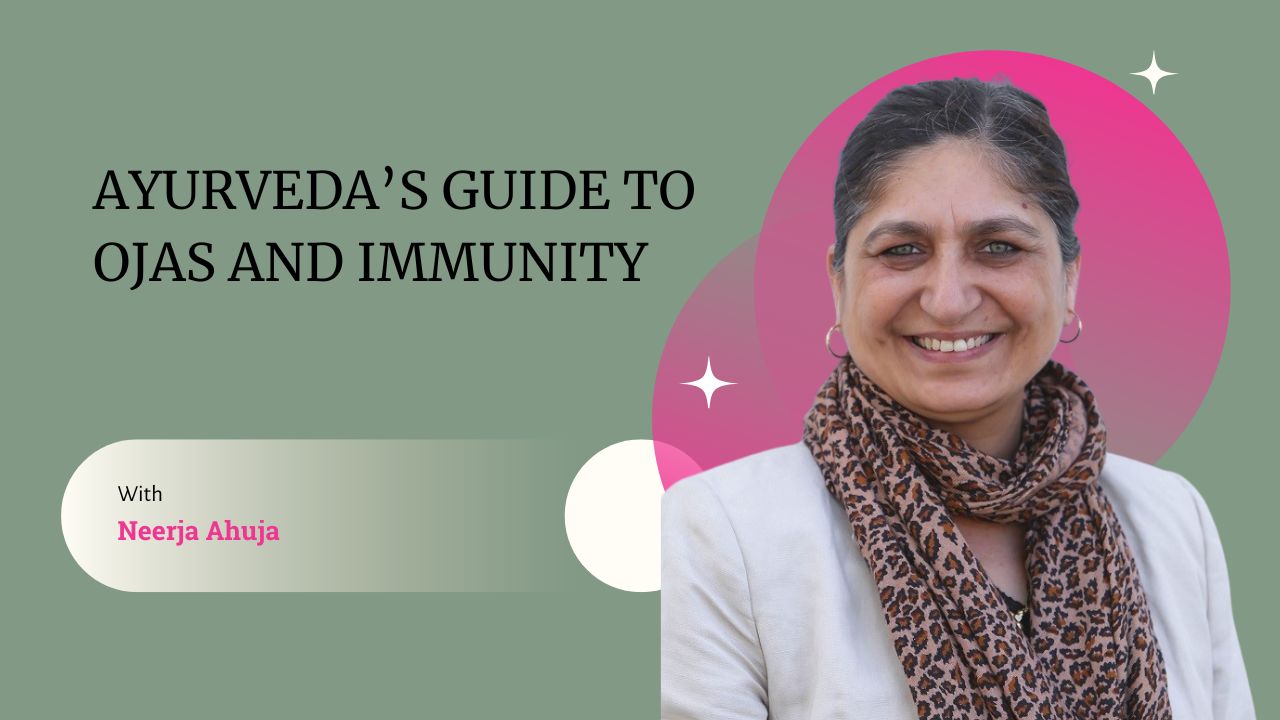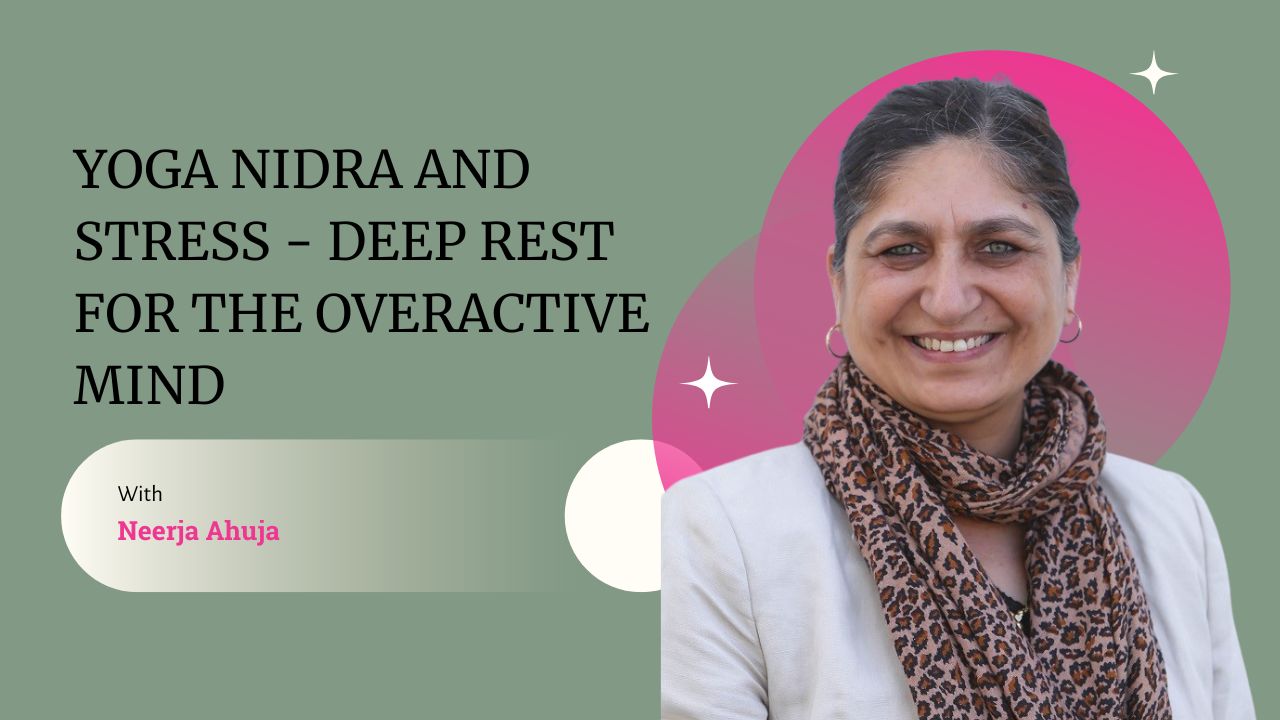
The Emotional Toll of Stress
Stress is a common experience in modern life, affecting people from all walks of life. It is a natural response to challenging situations but can significantly impact overall health and well-being when it becomes chronic. Stress can manifest in various ways, including emotional distress, physical tension, fatigue, and difficulty in concentrating. Additionally, it may be the reason for some of the common medical conditions, such as diabetes, cardiovascular disease, and mental health conditions like anxiety and depression.
When thinking of stress, we picture a harried office worker hurrying to get somewhere on time, an anxious mom worried for her child’s safety while she is away at work; or an exasperated teenager studying hard to get into their dream college. Stress hits all of us from time to time with its debilitating symptoms such as headaches, sleeplessness, mood swings and digestive disturbances. It can leave us feeling tired and unfocused. And the worst aspect of it is that it persists, despite being dealt with.
So how do we cope with stress? The truth is preventing stress can be complex because we often feel the need to control everything that happens in our lives. However, Ayurveda presents a comprehensive method for managing efficient and enduring stress. Ayurveda acknowledges that stress is caused by imbalances in both the body and mind, and it provides various approaches to regain equilibrium and induce calmness.
Breathe in, Breathe Out
The World Health Organisation regards Ayurveda as “the world’s most complete, natural, scientific and holistic system of health”.
Ayurveda offers a rational and humble approach to taking control of our health by cleansing the body and mind of harmful toxins and embracing a healthy lifestyle. By adopting the principles of Ayurveda, we can transform ourselves and achieve a better state of health and well-being.
We, at Ayurveda Awareness Centre emphasise the importance of a balanced lifestyle, including a healthy diet, and regular exercise. In addition, we offer a range of natural remedies and therapies to support the body and mind during stress. These may include dietary changes, herbal medicine, massage, yoga, meditation, breathing exercises, and detoxification program.
To better understand your body and lead an Ayurvedic diet for stress relief, check out our Live Workshops and participate in them for your betterment!
Let your stress flow out with Ayurveda.
Ayurveda offers a unique and beneficial approach to managing stress that focuses on balancing the mind, body, and spirit. Unlike many conventional approaches, stress management in Ayurveda recognises that stress is not just a mental or emotional state but also has physical and spiritual components.
One of the basic principles in Ayurveda is the concept of doshas, which are the three primary energies or constitutions that make up the human body: Vata, Pitta, and Kapha. Each person has a unique dosha balance that determines their physical and mental characteristics and susceptibility to imbalances and health issues. Ayurvedic stress treatment talks about balancing the doshas properly. For example, excessive Vata energy can lead to anxiety and nervousness, while excess of Pitta can cause anger and frustration.
Our Ayurvedic approach to stress management deals with balancing energies. By identifying an individual’s dosha imbalance, we offer personalised recommendations for managing stress and promoting overall well-being. Ayurvedic treatment for stress and anxiety balances the doshas and reduces stress, through mindful eating, herbal remedies, yoga and meditation, massage and bodywork, and lifestyle adjustments. It also offers a natural and holistic approach to stress management by addressing the underlying imbalances.
Wondering how to address stress management using Ayurveda? Check out our Ayurveda Awareness Centre in Perth, WA. Book an appointment with our Ayurvedic Lifestyle Consultant.
From Burnout to Balance: Tips to reduce stress
Ayurveda’s approach to managing stress that addresses mind, body, and spirit imbalances. Here are some ways to handle stress with Ayurveda:
-
- Lifestyle
Ayurveda emphasises the importance of a balanced lifestyle, including getting enough rest, exercise, and social support. Practising self-care, i.e. doing things you enjoy, can also help manage stress.
Ayurvedic lifestyle tips includes managing stress include maintaining optimum health and balance with proper meditation, exercise, and rest, which means sleeping and awakening with nature’s cycles. To effectively adopt lifestyle recommendations, it’s essential to clearly understand what is beneficial for our health and the drive to implement those changes. Success in incorporating positive lifestyle choices depends on our ability to gain knowledge and motivation to take action towards better health.
-
- Food and Diet
Eating a healthy and balanced diet is important for managing stress. Ayurveda emphasises focusing on fresh, whole foods that are nourishing and easy to digest and suitable for your body type. Ayurvedic diet for stress relief involves eating with awareness and intention as it can improve our digestion, nourish our body, and cultivate a sense of calm and balance.
Ayurveda recommends that we approach food with a sense of gratitude and respect, acknowledging the energy and nutrients that it provides. It means taking the time to prepare meals with care, sitting down to eat in a peaceful environment, and focusing on the experience of eating with all our senses.
In addition to being mindful of the eating experience, Ayurveda also emphasises the importance of choosing foods appropriate for our dosha type and digestive capacity. Avoiding processed and junk foods is better for health as they can contribute to imbalances and inflammation in the body.
Practising mindful eating can be challenging in a culture that emphasises fast, convenient food options. However, by taking the time to slow down and savour our meals, we can experience a greater sense of satisfaction and nourishment, which can, in turn, help reduce stress and improve overall well-being.
-
- Thoughts
Our responses to stressful situations are often rooted in our subconscious beliefs about ourselves. These beliefs can revolve around feelings of inadequacy, unworthiness, lack of capability or love. Ayurveda acknowledges that our mental state is the foundation for all aspects of our health and well-being and our ability to achieve our true potential. By nurturing a healthy and positive mindset, we can overcome our self-limiting beliefs and lead a more fulfilling life.
While the soul provides the overarching guidance for our lives, the mind controls our actions and shapes our experiences. Maintaining balance and harmony the body, senses, mind, and soul is essential.
In practical terms, how we perceive and respond to stress is ultimately determined by the quality of our thoughts and beliefs. By cultivating a positive mindset and a sense of self-worth, we can more effectively manage stress and support our overall well-being.
-
- Meditation and Yoga
Meditation and yoga play a crucial part in managing stress. Meditation helps cultivate inner stillness and positive decision-making, while yoga postures like the Sun salutation improve mental function and establish equilibrium to withstand and recover from stress. Ayurvedic meditation and mindfulness for stress relief maintain mental and emotional hygiene, making the mind effortlessly make health-promoting choices. Regular practice of these techniques can promote relaxation, improve sleep, boost the immune system, and generate vitality for the mind and body. With consistent effort, one can experience lasting benefits in managing stress through meditation and yoga.
-
- Pranayama and Panchakarma
Proper breathing techniques can help to calm the nervous system. The practice of Pranayama involves developing a life force to awaken the mind and cleanse the body. Unlike deep breathing, Pranayama encourages soft and receptive bodily movements. This practice promotes a steady mind while drawing in the breath gently.
Toxins and imbalances in the body cause disease due to the overwhelming aspects of life. Ayurveda’s Panchakarma treatments for anxiety eliminate these toxins and restore health. The most significant benefit is that they reconnect individuals with their true nature, which can be obscured by stress and toxicity. Cleansing is a crucial aspect of health, even for those already healthy. It is a form of self-care that allows the body to function optimally and stay vital. Just like cleaning the house or changing the oil in a car, periodic bodily cleansing is necessary.
-
- Herbs and Oil
Ayurveda puts forward a range of natural remedies and herbs that can help reduce stress and anxiety. Popular Ayurvedic herbs for stress include Ashwagandha, Brahmi, and Tulsi, known for their calming and relaxing properties.
Check out our blog on Ashwagandha- Ayurveda’s best kept secret, to learn more about the wonderful properties of these herbs.
Takeaway
Overall, Ayurveda offers a comprehensive approach to stress management that can help individuals manage stress more effectively and improve their mental health. By incorporating Ayurvedic principles into their daily lives, individuals can reduce stress, improve their mood, and enhance their overall quality of life.
If you need clarification about the Ayurvedic approach to stress management, book a consultation for an Ayurvedic journey with us!



